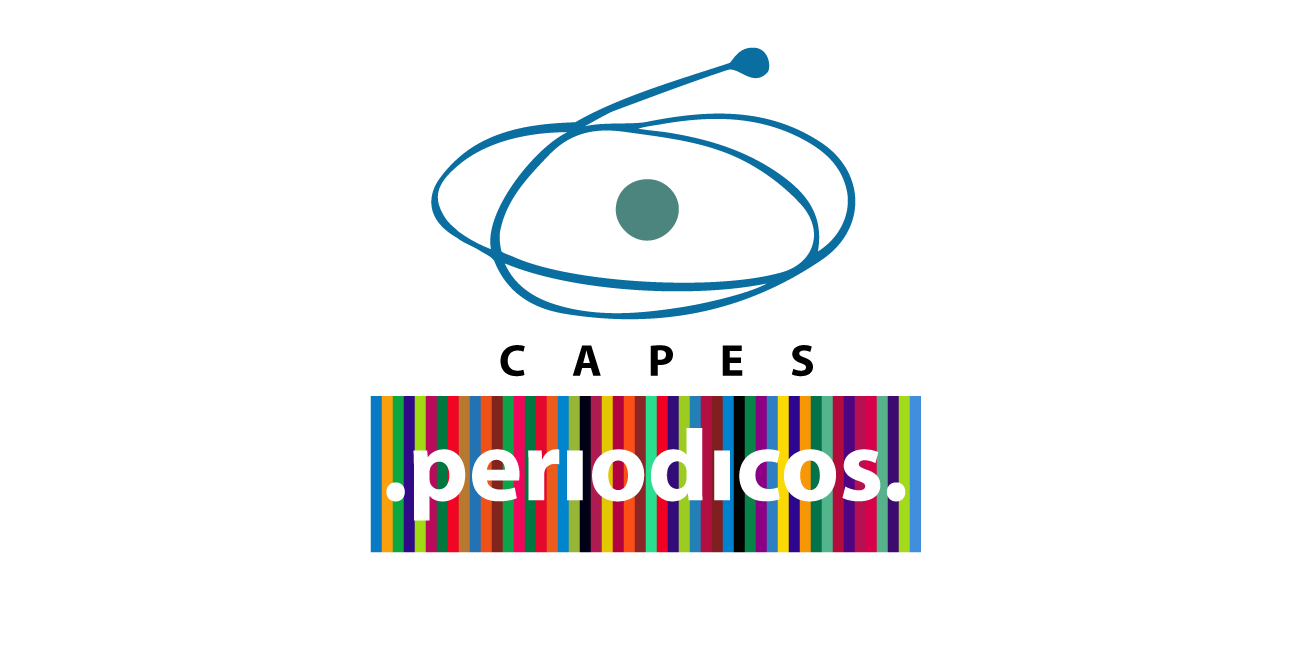Mandato de Seguridad Colectivo: Aspectos Colectivos y Constitucionales Esenciales
Palabras clave:
Mandato de seguridad colectivo, legitimación, Objeto restricción, Ley infraconstitucional, Inconstitucionalidad, derechos colectivos.Resumen
El método teórico-empírico y deductivo ha predominado, por medio de contribuciones doctrinarias nacionales, extranjeras y jurisprudenciales. La Constitución Federal ha acompañado la tendencia internacional de ampliación de las discusiones sobre tutela jurisdiccional de los derechos supraindividuales, fundamentada en causas políticas sociales y jurídicas. Así, amplió los poderes de promoción de estos derechos la legitimidad activa, además del alcance de los sujetos beneficiados por la decisión definitiva. Otras leyes la complementaron y fornecieron medios diferenciados de tutela de los derechos difusos, colectivos e individuales homogéneos. Pero, el instrumento de tutela de los intereses colectivos, con eficacia potenciada, por constituir garantía constitucional y proporcionar la tutela in natura contra acto ilegal o arbitrario de autoridad, con rito sumario y espacial, es el mandato de seguridad colectivo. Por esto, no se admite que sean las determinaciones constitucionales sobre este instrumento podadas por leyes inferiores a la CF. Para el análisis interpretativo de las disposiciones de la Ley nº 12.016/09, nueva ley de mandato de seguridad, se parte de la norma constitucional. Los límites previstos por el legislador infraconstitucional no podrán predominar, cuando afronten la garantía constitucional a la seguridad (art. 5º LXIX e LXX, de la Constitución), verdadero derecho fundamental a la contención de la actividad estatal ilegal y abusiva.Descargas
Publicado
2012-06-25
Cómo citar
Vilaça, Z. B., & Teixeira, R. V. G. (2012). Mandato de Seguridad Colectivo: Aspectos Colectivos y Constitucionales Esenciales. Revista Jurídica Cesumar - Mestrado, 12(1). Recuperado a partir de https://periodicos.unicesumar.edu.br/index.php/revjuridica/article/view/2086
Número
Sección
Doutrinas
Licencia
A Revista se reserva o direito de efetuar, nos originais, alterações de ordem normativa, ortográfica e gramatical, com o intuito de manter o padrão culto da língua, respeitando, porém, o estilo dos autores. As opiniões emitidas pelos autores são de sua exclusiva responsabilidade.
Os direitos autorais pertencem exclusivamente aos autores. Os direitos de licenciamento utilizado pelo periódico é a licença Commons Atribuição 4.0 Internacional. São permitidos o compartilhamento (cópia e distribuição do material em qualquer meio ou formato) e adaptação (remixar, transformar, e criar a partir do trabalho, mesmo para fins comerciais), desde que lhe atribuam o devido crédito pela criação original.












